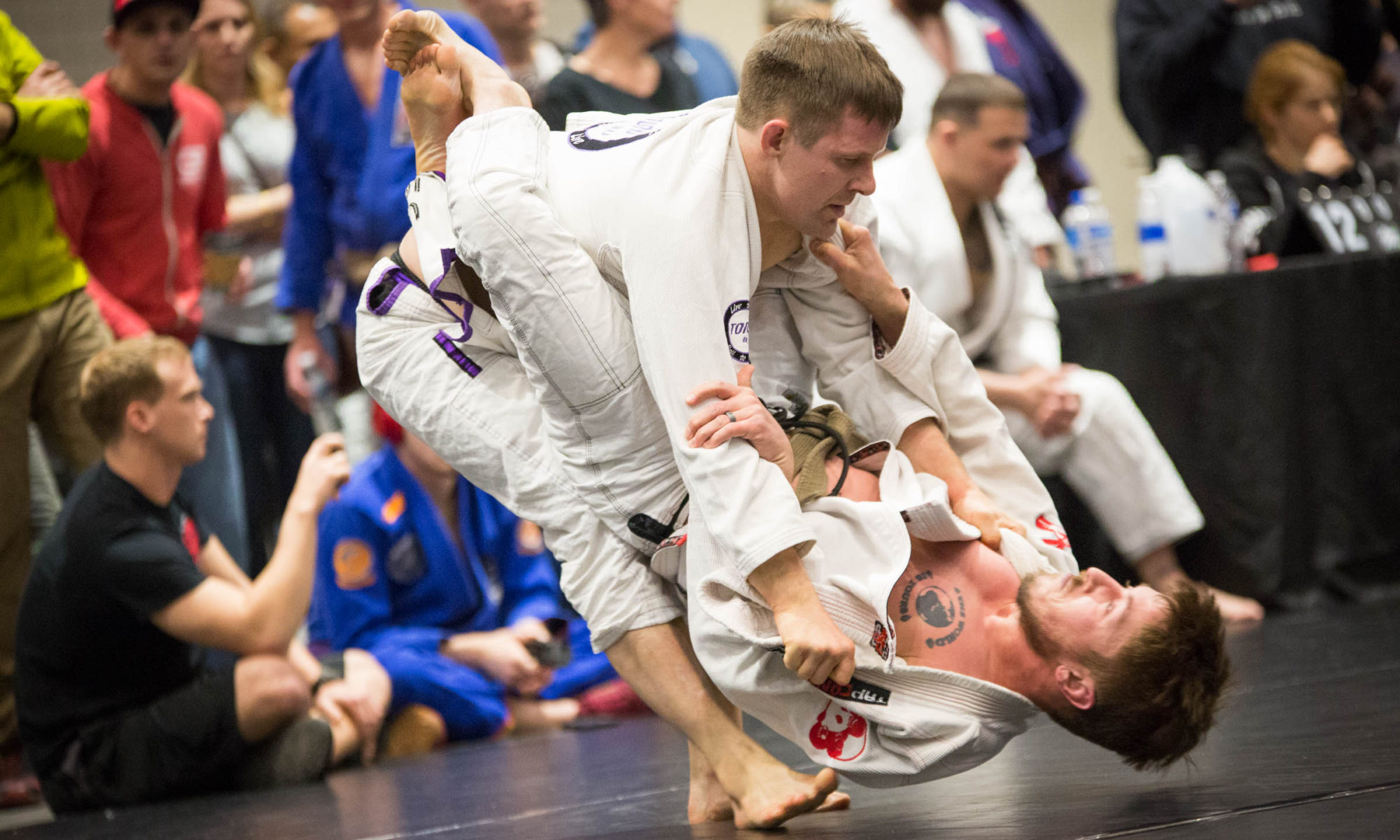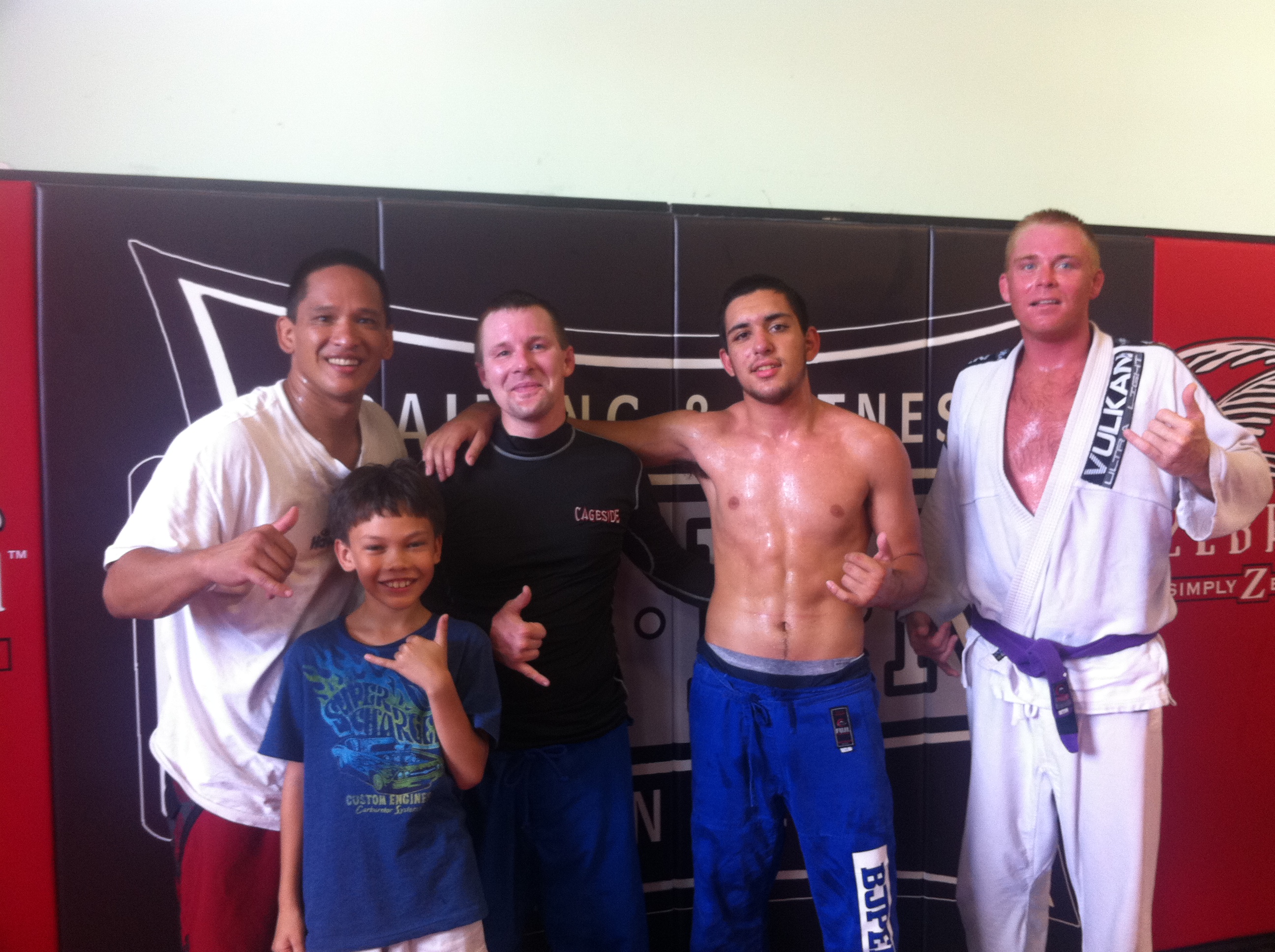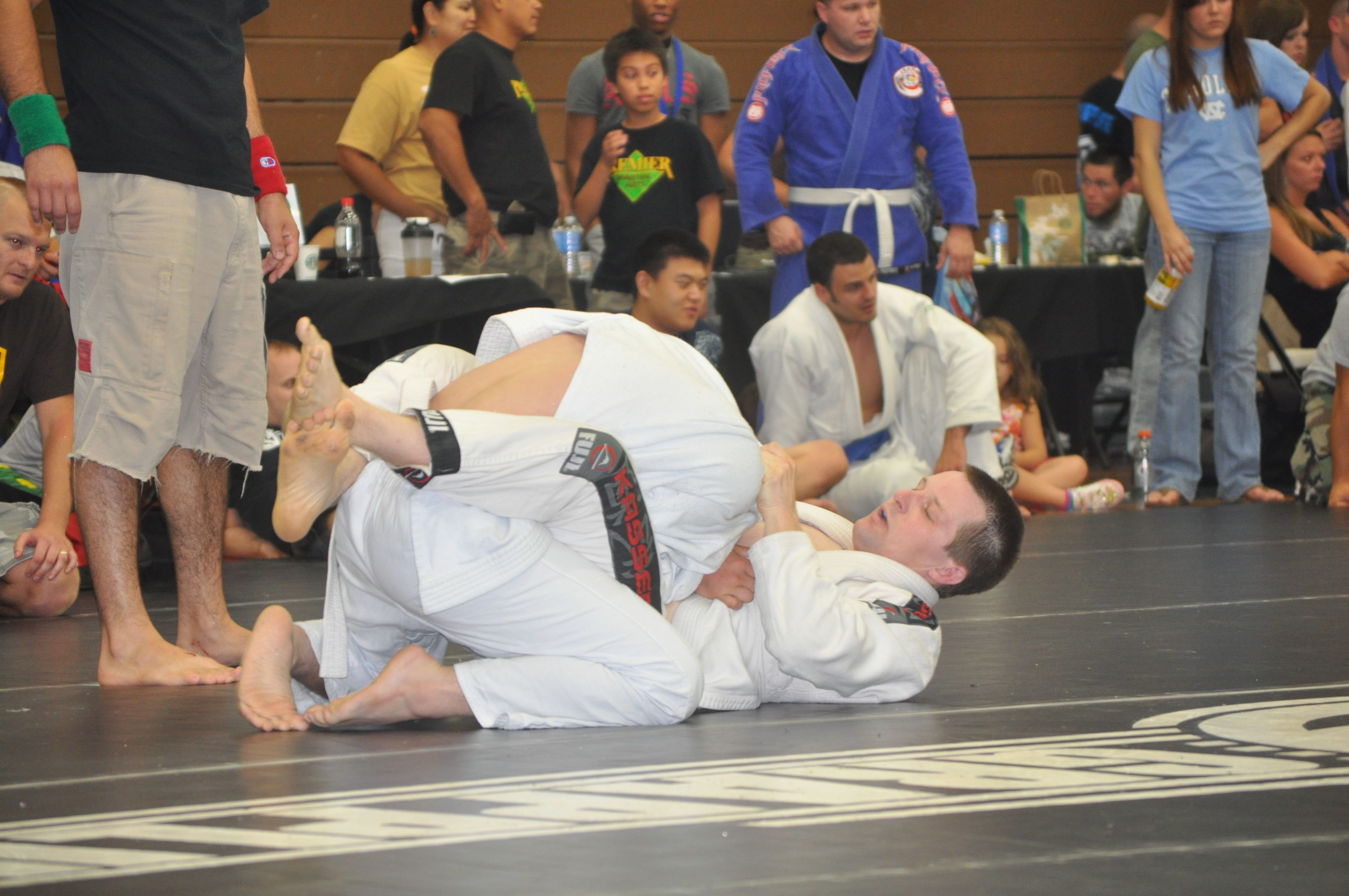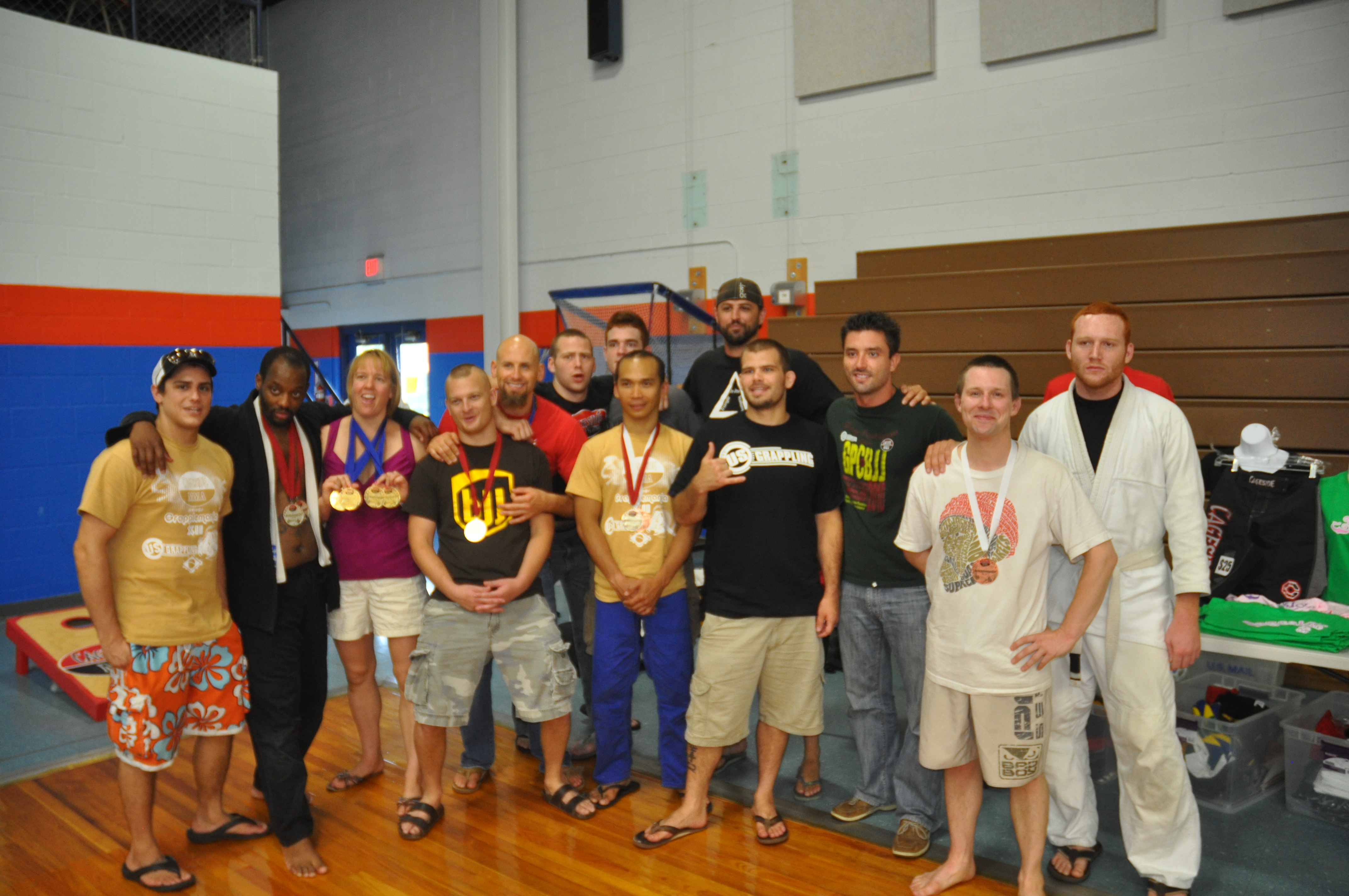Note: This is a guest post I did for JiuJiteira, a new online community intended to promote events that feature female JiuJiteiras and encourage both men and women training together.
Jiujitsu has much in common with musical theater, specifically Gilbert & Sullivan.
No, really. Besides being subcultures that inspire completists to obsession, the themes in both essentially run parallel to each other.
If you want pop culture confirmation, consider this clip from the West Wing, where Ainsley Hayes corrects Lionel Tribbey on whether the song “He Is An Englishman” comes from “HMS Pinafore,” which it does. Tribbey insists that it is from Penzance, or Iolanthe, or “one of the ones about duty.”
Ainsley responds, correctly: they’re all about duty.
If you’ve seen any Gilbert & Sullivan — and really, who hasn’t? — you can testify that this is accurate. In song and story, the Englishmen sailing the ocean blue struggle with what’s right to do. Michael Bisping might represent all that’s bad about the English aesthetic, but “Pinafore” represents all that’s good about it.
We hear a lot about duty in the martial arts. Qualities like loyalty and courage in the face of adversity are embedded in the Bushido code and what traditionalists refer to as jiujitsu philosophy.
But what’s duty? What do we owe other people? The German philosopher Immanuel Kant was perhaps more concerned with moral duty than anyone else, and he came up what called the Categorical Imperative — a single rule more important than any other.
What is this rule, and what does this have to do with how we train? We’ll get to that in a second. If you don’t care about the echoes of German philosophy in martial arts, you might be interested in Sideshow Bob singing the score of Pinafore before trying, fruitlessly once again, to murder Bart Simpson:
The rule Kant came up with — that most important of imperatives — is: “Act only on those maxims (or rules of action) that you could at the same time will to be a universal law.” Or, put more simply, only do things that you’d be comfortable with anyone else doing, at any place and time.
That might sound familiar, like it’s a more detailed version of a rule common throughout the world’s religions and cultures. It also might sound like a good idea, and it is. The trouble isn’t the rule, the trouble is that people aren’t always attentive to it, or don’t apply it to their specific life circumstances.
Let’s apply it to our specific life circumstances. What do we owe to our training partners? What is our duty to them? I came up with three principles.
- The most important person in the room is your training partner.
Your training partner – even if they’re the newest white belt – is doing you a favor. They’re putting their body on the line and using precious minutes of their finite life to help you get better at something you love.Let’s say we look at every training situation, in jiujitsu and out, this way: a mutual exchange where we’re investing time in helping each other. If you’re looking at making universal rules for how people in that situation should treat each other, you’d probably say they should treat each other like gold. This is particularly true in something like jiujitsu, a niche activity where mistakes can have physical consequences.
Sometimes I hear people complain about training with white belts. I love training with white belts, because making sure white belts have good experiences is the best way to grow jiujitsu. And I learn things every time: new people often react differently than experienced people, which improves my ability to respond in those situations. Even when there is a skill gap between training partners, we can still learn from each other.
The person you’re drilling with and sparring with is the most important person in the room at that moment. Your responsibility – your duty – is to make sure they have a good experience and get something out of it.
- Everybody has a first day. It’s your job to make sure they have a second day, too.
Duty means that we should always make choices that could be universalized – that is, we would be comfortable with everyone making the same choices we made.Imagine a new person comes in that rubs you the wrong way for whatever reason. Let’s say you act like a dismissive jerk: maybe you ignore them when it’s time to pair up and drill. Or worse, let’s say you encourage them to spar with you, and you smash their face for five minutes.
If that choice is universalized – if everyone makes that choice – jiujitsu dies. Period.
Jiujitsu is hard, and we shouldn’t shy away from making that clear. When I talk to the toughest of the toughest, oldest of old school folks, though, there’s a common undercurrent in what they tell me: training has to be fun sometimes, too. To help jiujitsu grow and survive, let’s not show new people the first part without the second.
- The more vulnerable someone is, the more attentive you should be to your own actions around them.
Fundamentally, I believe in personal responsibility. We are a product of the choices we make.We often hear that jiujitsu is for smaller, weaker people. Helio Gracie said that larger, strong people already have nature’s jiujitsu. We all know people who have tremendous jiujitsu skills that would have developed those skills no matter what gym they ended up at — people who are naturally tough and physically adept.
I am not one of these people.
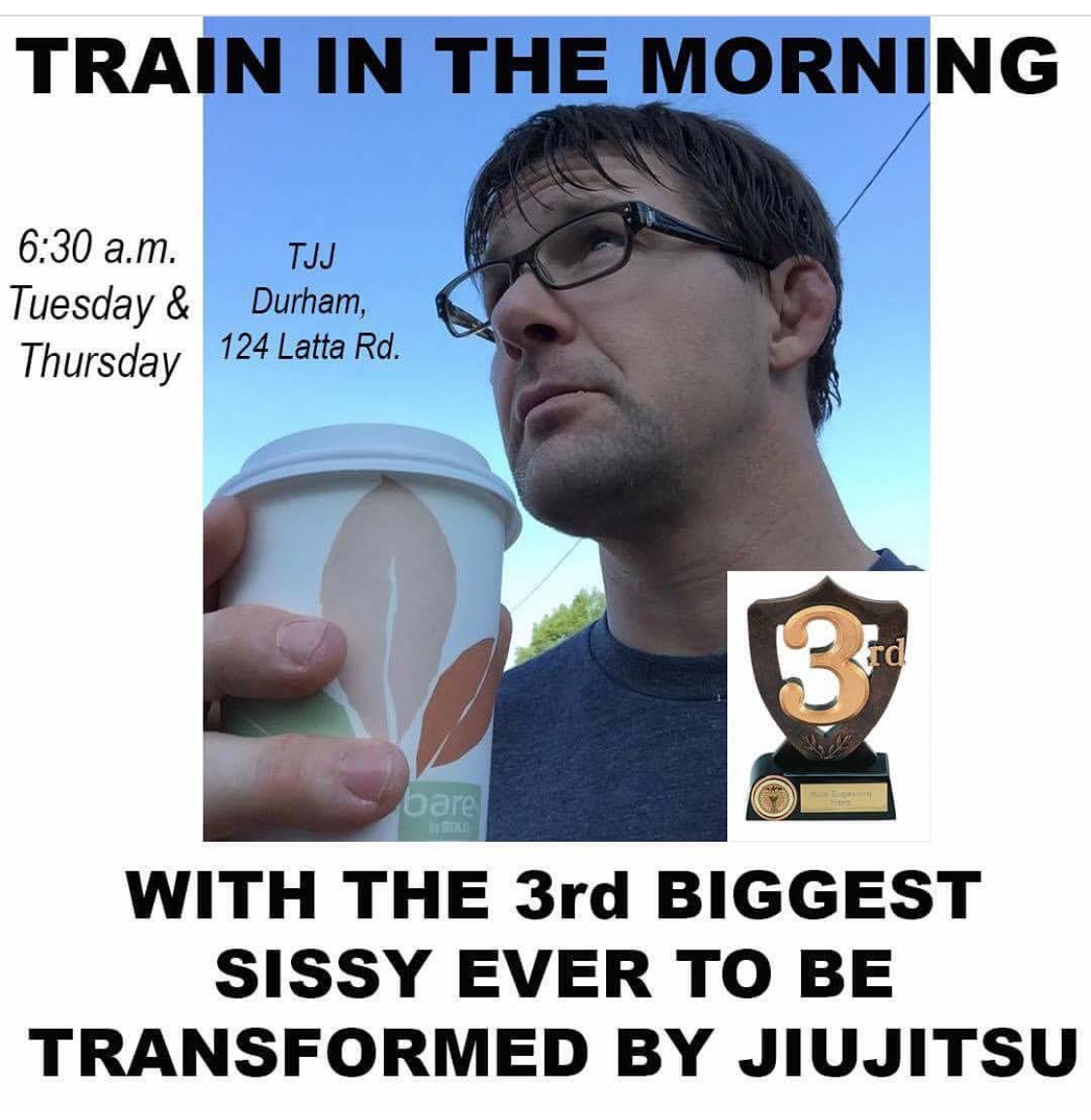
I lucked out by walking into a gym that is very thoughtful about how to build people up. If that hadn’t happened, I might not have the chance to even do jiujitsu, let alone have it as a central, rewarding part of my life.
Since I am, by any reasonable metric, a very lucky person, I think a lot about what I owe. What I owe people, what I owe the world. Since there were people that kept me coming back, I want to be one of those people for somebody else.
When people come into the gym that might not feel welcome for any reason – maybe they aren’t natural athletes, maybe they’re women who are worried about training with men, or maybe they struggle with claustrophobia, or are physically disabled in some way — I feel like it’s incumbent on me to make sure they see the possibilities that jiujitsu can represent for them.
Some things are universal. We all want to be treated with dignity and respect. We all want to train in place with people who are true and attentive. We are, all of us who train, a part of the same story.
So, yes, this is something that jiujitsu and philosophy and musical theater share in common.
They’re all about duty. And if we’re decent, so are we.
